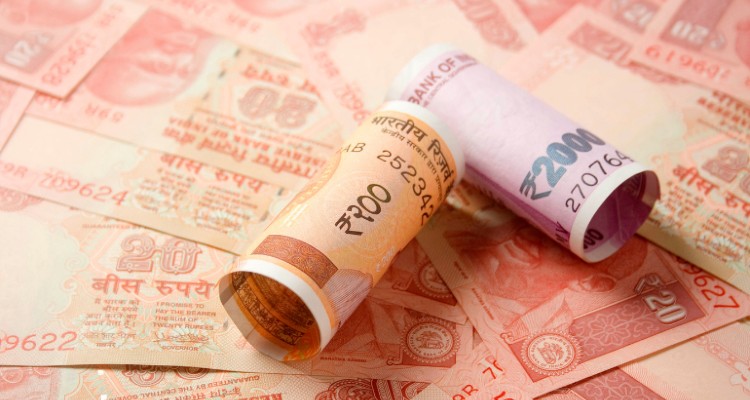
The Delhi High Court recently issued a significant ruling regarding proceedings under the Prevention of Money Laundering Act (PMLA), underscoring that once an accused is acquitted of the predicate offense, all related actions, including property attachments, must cease, irrespective of any pending appeals. This landmark decision follows an appeal by the Enforcement Directorate (ED), challenging a trial court’s discharge of accused individuals from PMLA charges subsequent to their acquittal in offenses scheduled under the Indian Penal Code.
Trial Court’s Discharge: Release of Properties and Bank Accounts
Post-acquittal, the trial court promptly released all immovable properties and directed the unfreezing of bank accounts linked to the accused persons. Despite the ED’s contention that pending appeals negate finality, the court, presided over by Justice Vikas Mahajan, firmly rejected this argument, affirming that acquittal marks the conclusion of trial proceedings.
Undermining Money Laundering Charges: Basis of Ruling
Justice Mahajan underscored that the foundation for money laundering charges lies in the scheduled offense and its proceeds. Therefore, once an accused is acquitted of the predicate offense, the legitimacy of money laundering charges is compromised. Additionally, the court emphasized Section 8(6) of the PMLA, mandating the release of attached properties upon discharge or acquittal, reinforcing the principle that these assets cannot be deemed proceeds of crime.
Dismissal of ED’s Appeal: Upholding Trial Court’s Decision
The High Court firmly dismissed the ED’s assertion that an appeal constitutes a continuation of proceedings, clarifying that trial proceedings reach finality with acquittal. Affirming the trial court’s discharge of the accused from PMLA offenses, the High Court endorsed the release of attached properties as per the Special Judge’s order, asserting the validity of the decision.
Conclusion: Legal Clarity in PMLA Proceedings
The Delhi High Court’s ruling offers crucial clarity in PMLA proceedings, ensuring that once an accused is acquitted of the predicate offense, related actions, including property attachments, cease. This decision upholds principles of justice and fair trial, reinforcing the importance of legal integrity in combating money laundering activities.
Read More: Supreme Court, Delhi High Court, States High Court, Other Courts, International




